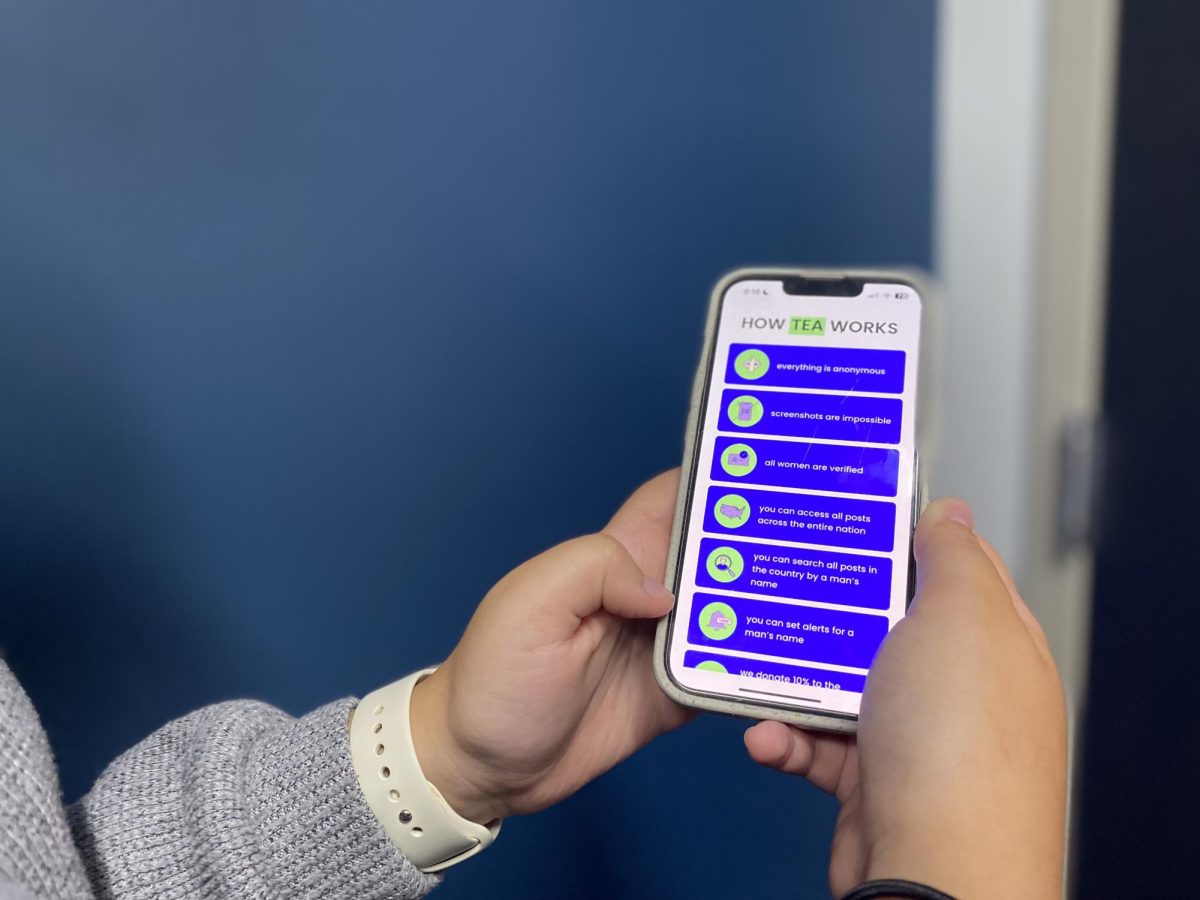It happens too often. You’re scrolling through LinkedIn or Indeed and making your way through all of the current job listings. It starts to feel hopeless when suddenly – there it is. The perfect job for you. An internship.
Finally, you’ve found just what you’ve been looking for to build your resume. Trying to contain your excitement, you click the posting and begin to read more. It’ll work with your school schedule, it’s in the field you want to go into, it’s even close by and oh… it’s unpaid.
Disappointment hits you as you click the back button to return to your search. Sound familiar?
Well, it’s no surprise why this happens so often to college students.
47% of interns in the U.S. weren’t paid for their work in 2022, according to an article from PBS.
Unpaid internships are too common, unethical and should be illegal. But why do students still take them?
“The job market has never been more competitive and as a society, we’ve never been more educated,” said Peter Bateman, a freelance journalist and international civil servant, during his speech with TEDx. “In that environment, experience counts.”
Internships can give students valuable educational experiences that can increase their chances of gaining good careers in the future.
80% of 166 employers indicated that internships increased an applicant’s chances of being hired when listed on a resume, according to a recent poll by the National Association of Colleges and Employers (NACE).
Not every student can afford to sacrifice a paycheck for work experience. Although students could just apply for paid internships instead, this isn’t always the most available or accessible option.
This attractiveness of internships to an employer can give some students who have the luxury to afford to take unpaid roles an unfair advantage when entering the workforce.
Paid internships are also extremely competitive because most students would rather be compensated for their work. However, students risk applying and still not being offered the role simply because of their race, ethnicity or gender.
Women, Black, Hispanic and first-generation college students were significantly underrepresented in paid internships in 2021 and 2022, according to a survey by the NACE that collected internship applicant data from 187 employers.
These findings are alarming and very unsettling. All students deserve equal access to paid internships, and it is wrong to limit certain students from being paid for the hard work they put into their jobs.
Unpaid internships are also exploitative and a way for companies to continue to take advantage of college students.
“Businesses that would otherwise pay an employee for the same work that a student intern is doing are simply utilizing students’ skills for free because they can,” said Kaity Kempf, a reporter and anchor with The Baylor Lariat newspaper, in her article on unpaid internships.
Labor is still labor and just because ‘internship’ is slapped onto the back of the job title it isn’t an excuse to not pay an employee for their work in that position.
Unfortunately, many companies continue to not pay their interns and until labor laws change, this will be the inevitable struggle all college students will face as they try to gain more working experience.
For now, students will have to fight against this.
Many students around the country are starting petitions and organizations to spread awareness and to hopefully prevent this unethical standard in the workforce. Others have taken to the streets to protest against it.
However, a great way to support the fight is to simply ignore any internship listings that are unpaid, if you can help it. Also, it helps to educate others.
Students need to become aware of this exploitative practice and understand that their skill sets are worth more than an opportunity to add something to their resume. Know your worth and get paid for your internships. Don’t fall for exploitation disguised as an opportunity for experience.










